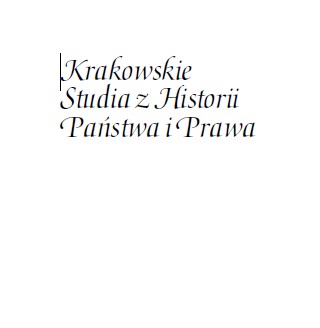Mental Disorder as a Ground for Divorce in the Czechoslovak Marriage Amendment and Comparison to Hungarian Law
Mental Disorder as a Ground for Divorce in the Czechoslovak Marriage Amendment and Comparison to Hungarian Law
Author(s): Ingrid LanczováSubject(s): Civil Law, Health and medicine and law, Pre-WW I & WW I (1900 -1919), Post-War period (1950 - 1989), Comparative Law
Published by: Wydawnictwo Uniwersytetu Jagiellońskiego
Keywords: mental disorder; mental illness; divorce; Czechoslovak law; Hungarian law; Act No. 320 of 1919 Coll. (the Marriage Amendment); Act No. XXXI of 1894 (the Marriage Act);
Summary/Abstract: The author reviews mental disorder as a ground for divorce in the Czechoslovak Act No. 320 of 1919 Coll. This Act was called the Marriage Amendment and was in effect for the Czech countries until 1950. The author considers the wording of the Act itself, the explanatory report, jurisprudence, and the court practice. The author compares it to the Hungarian marriage law that continued to be effective in Slovakia until 1950. It was Act No. XXXI of 1894 (the so-called Marriage Act), which regulated divorces in Slovakia, despite adopting the Czechoslovak Marriage Amendment. The Hungarian Marriage Act did not recognise mental illness as a ground for divorce. However, it was a controversial topic in both legal environments, the Hungarian and Czechoslovak.
Journal: Krakowskie Studia z Historii Państwa i Prawa
- Issue Year: 15/2022
- Issue No: 2
- Page Range: 339-352
- Page Count: 14
- Language: English

